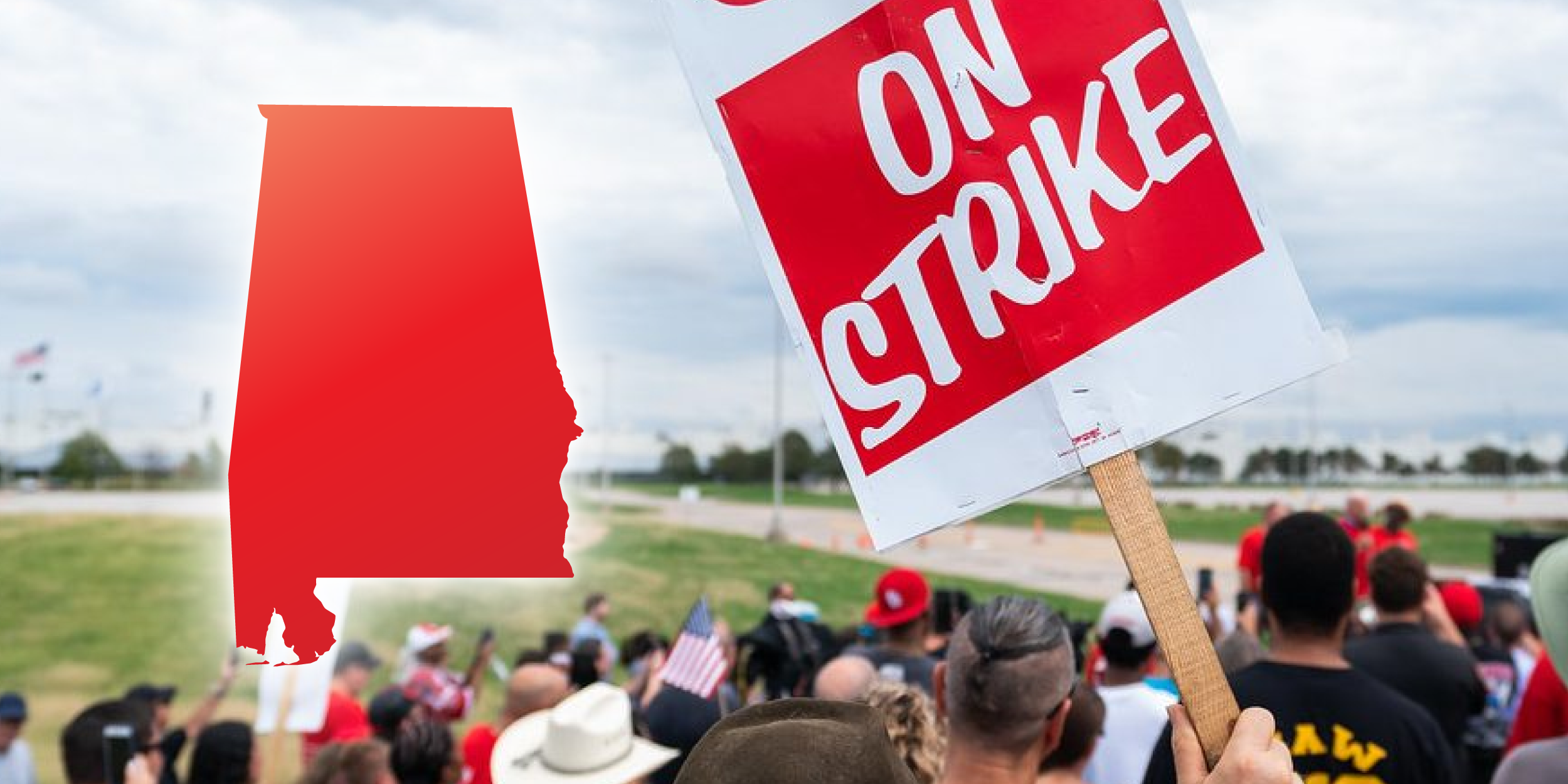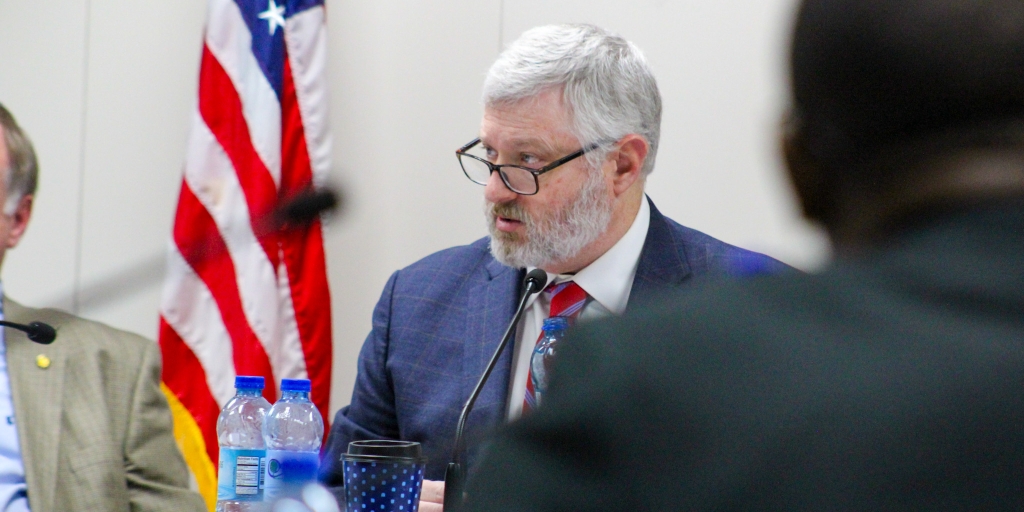The United Auto Workers’ union announced Tuesday it plans to unionize workers at Alabama’s Mercedes-Benz plant.
The UAW says 30% of the plant’s workers have already signed a union authorization card for UAW membership.
30% is a key trigger for the union, as it opens up the efforts to a greater degree. If over 50% sign the union authorization cards, the UAW hopes it will trigger federal regulators at the National Labor Relations Board to intervene and install the UAW.
“Mercedes’s profits have grown by 200% in just the past few years. From March to November 2023, the company spent $1.9 billion on stock buybacks instead of sharing those record profits with their workforce. It’s time for Mercedes workers to Stand Up and fight for more. Mercedes workers just hit the first major milestone in forming our union. Over 30% of us have signed our union cards,” UAW wrote on its website.
“Mercedes made $156 billion in total profits over the last decade. In the last three years, the average price of a Mercedes car in the U.S. jumped 31%, but our pay has lagged far behind. Now we’re ready to fight for a better job, a better life and a better future.”
This news was greeted by economic developers across the state with dread.
Alabama Governor Kay Ivey was quick to respond to this perceived threat to the state’s collective prosperity with an editorial urging workers to reject the UAW.
Ivey stated how important the auto industry has become to the state of Alabama.
“Alabama is a top five automotive manufacturing state with five worldclass Original Equipment Manufacturers (OEMs) – Mercedes-Benz, Honda, Hyundai, Toyota and Mazda,” Ivey wrote. ‘These manufacturers are key drivers of our economy, but who drives their success? The answer is nearly 50,000 hardworking Alabamians in the automotive manufacturing sector.’ “Today, all of that investment equates to a 1.3 million annual vehicle production capacity; more than $9 billion in annual exports; production of 15 different cars, SUVs and trucks, including three cutting-edge, all-electric vehicles; and it ranks Alabama the number 3 state for vehicle exports and the number five state for total auto production.”
Ivey argued the potential pitfalls of the UAW gaining control of the state’s automaking workforce.
“Unfortunately, the Alabama model for economic success is under attack,” Ivey said. “A national labor union, the United Automotive Workers (UAW), is ramping up efforts to target non-union automakers throughout the United States, including ours here in Alabama. Make no mistake about it: These are out-of-state special interest groups, and their special interests do not include Alabama or the men and women earning a career in Alabama’s automotive industry.”
“Do you want continued opportunity and success the Alabama way? Or do want out-of-state special interests telling Alabama how to do business?” Ivey said. “For me, the choice is clear. I stand by our proven track record of success.” “Alabamians work harder than anyone, we make the best automobiles in the world, and we must not let UAW tell us differently.”
Workers at the Mercedes Alabama plant produce the GLE, GLE coupé and GLS model series and the all-electric EQS SUV and EQE vehicle models. Mercedes employs over 6,000 Alabama workers at the plant.
Last month, the UAW announced workers at the Volkswagen plant in Chattanooga, Tennessee, reached the 30% mark in collecting union authorization cards. It took six weeks for UAW to reach the 30% mark at Mercedes.
The union is claiming the automakers are making significant profits in the past two years. However, economists warn that period of shutdowns was a temporary condition.
Ford, General Motors, and Stellantis (formerly Chrysler) conceded to the UAW’s demands for improved wages and benefits after the union staged strikes at all three at the same time.
The union is using those victories to effectively tell workers at Mercedes in Alabama, ‘it is now your turn.’
To connect with the author of this story or to comment, email [email protected]













